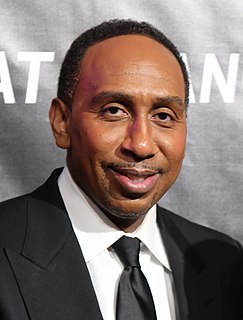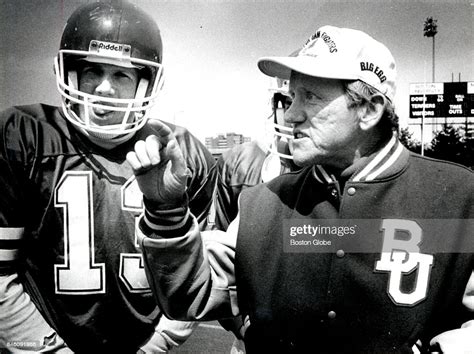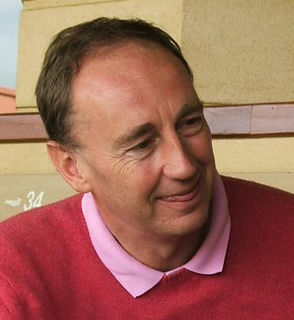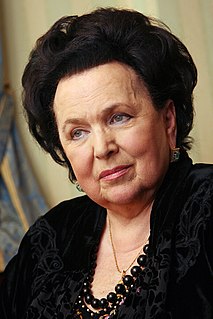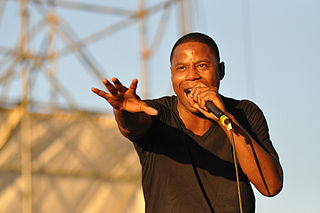A Quote by Ray Bradbury
We're a free society; we've got television. We have radio. We have newspapers. We have the videocassette, which is coming into play. These are new freedoms.
Quote Topics
Related Quotes
When you think about advertising, it's understanding that whether it's newspaper, radio, or television, you have to know how to advertise, how to market, because ultimately, everything comes down to ratings and revenue or ratings and subscribers and revenue, whether it's newspapers or radio or television.
When my generation, those early days of television - I know I've been thinking about this lately - my two flashes of me as a little boy. One, I'm standing in front of the radio freaking out that Nat King Cole's singing 'Lady of Spain', just this stuff coming out of the radio, and Guy Williams singing 'Wild Horses' coming out of the radio.
We will fight anyone who wishes to impose a totalitarian system upon a free society, and we will always prevail. But we will not do so with a fear-stricken administration which seeks to deprive us of freedoms in the name of 'defending' us from the terrorists, who also seek to deprive us of our freedoms.
I did some professional radio acting as a teenager, and I essentially put myself through college with radio acting in Montreal. When I graduated, I got jobs in professional theatres, repertory, and stock theatres in Canada for a couple of years. And then I went to Stratford, Ontario, where I spent three years with a Shakespeare company. We took a classical play from Stratford to New York City, and I got some good notices there and essentially stayed and did live television. And that brings you to the beginning of filming.
The current public television and radio system in the United States, while it's better than nothing, that's about the best you can say about it. It's nowhere near the standard it needs to be for our society, and we've got to make a commitment to rethink the system altogether. You know, just giving more money to what exists on PBS now would be not great; we've got to have a new vision of PBS.
Consider children as a beat. Clearly not an institution of power, children don't vote and they don't pass taxes. They have no money, and they don't buy newspapers or watch the news on television. Consequently, children are one of the most neglected segments of society in the news, except as a subtopic of other power beats such as education, family, and crime. Children are in serious trouble in this society, which means the foundation of our society is in trouble, which means the future is in trouble, and that is news.

